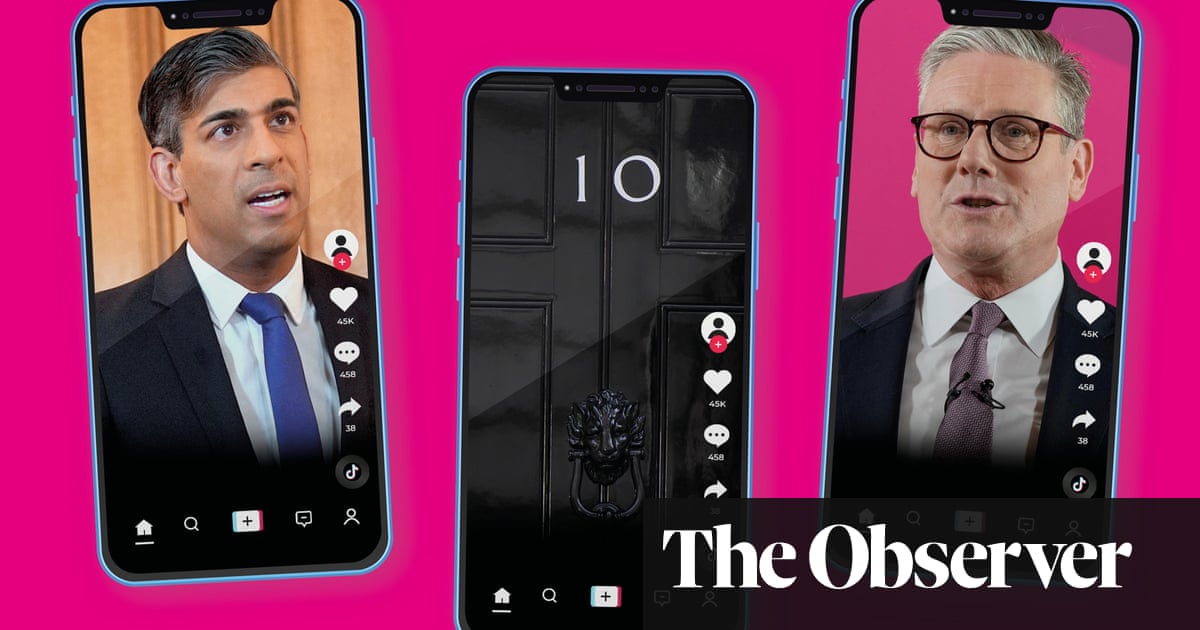- The Publisher Newsletter
- Posts
- Monday 3rd June: OpenAI content boss: 'Incumbent' on us to help small publishers'
Monday 3rd June: OpenAI content boss: 'Incumbent' on us to help small publishers'

Good morning! Today’s newsletter is brought to you by Peter.

There’s less than two weeks until the Publisher Podcast & Newsletter Summit — and here are the amazing speakers on the newsletter stream! If you’re a publisher with newsletters, this is the conference for you.
OpenAI's chief of intellectual property said at the recent WAN-IFRA World News Media Congress conference in Denmark that OpenAI should ensure smaller publishers get the same potential benefits from platforms like ChatGPT as large dominant names.
Tom Rubin said, it was very important that resources “don’t just go to large companies but that small, independent publications have the ability to learn and leverage the technology.” The company has announced a training partnership with WAN-IFRA and previously released funding for journalism projects.
However, Rubin was speaking on the same day that OpenAI announced “strategic content and product partnerships” with both The Atlantic and Vox Media, adding them to a list that includes other large publishers like News Corp, Dotdash Meredith, the Financial Times and Axel Springer. Safe to say, the Media Voices jury is still out on whether small publishers will actually get a look in.
Steve Sachs is managing director of The Guardian US and in this interview with Nieman Lab he speaks about the part the US plays in the publisher’s international reader-revenue strategy. Globally, readers account for more than a third of The Guardian’s revenue, with non-UK revenue accounting for about 35%. Reader revenue in the US is about 57% of the total with about 40% of US revenues coming from advertising. And all without a paywall.
Practical examples of how generative AI can help journalists are in short supply, but here are three from Journalism.co.uk’s Newsrewired conference. Newsquest has 14 AI-assisted reporters across 250 publications, using the technology to help with fact checking; Sophia Smith Galer has built her own AI chatbot, Sophina, to help with scripting vertical video; and Flare Data has created an AI model that detects trends in data to discover where the stories might be.
The UK’s 2024 campaign has already been called “the first TikTok election”. Both parties opened accounts on the short-form video platform a few days after Squishy Rishi took everyone by surprise with his rainy-day election announcement. Less than two weeks later, Labour had posted 54 videos to the Tories’ 14. The Guardian describes them as a mixture of meme battles, voter reactions and frontbenchers waving their hands earnestly while trying to explain policies in 30 seconds. God help us all!
More from Media Voices
✉️ Was this email forwarded to you? Sign up to The Media Roundup here for the four most important stories in your inbox, every weekday.
📣 Want to reach our audience of publishing and media professionals? Here’s our sponsorship options for the podcast and newsletter. Or just reply to this email and we can build you a custom bundle.
🎧 Do you have a podcast and/or newsletter and want to take them to the next level? We’d love to see you at our Publisher Podcast and Newsletter Summit.
🧡 Take your relationship with us to the next level: we’d love you to join our community of fellow media professionals.






